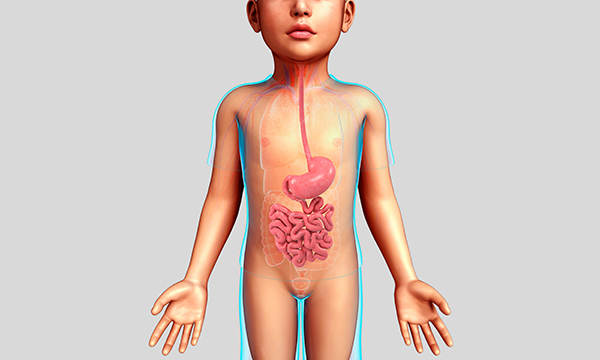Biological basis of child health 8: development of the gastrointestinal system and associated childhood conditions

Resource
Exclusive quality-assured learning resource
Online

Available to RCNi Plus subscribers
Applicable for any nurse with an RCNi subscription
This article is the eighth in a series on the biological basis of child health. It describes the embryological development of the gastrointestinal (GI) system and some of the structural anomalies that may arise during that time and later affect GI functioning. The article also discusses the functions of the GI tract – including ingestion, digestion, absorption and defecation – and explains how these relate to GI conditions seen in infants and children. GI conditions are common in childhood and some of these will be medical emergencies, so it is important that children’s nurses have knowledge of the GI system and of the presentation and management of GI conditions in children.
Who is this resource for?
This resource is aimed at nurses and nursing support workers across all settings and levels of practice, including students of health, social work and care professions.

 ;
; ;
; ;
; ;
;